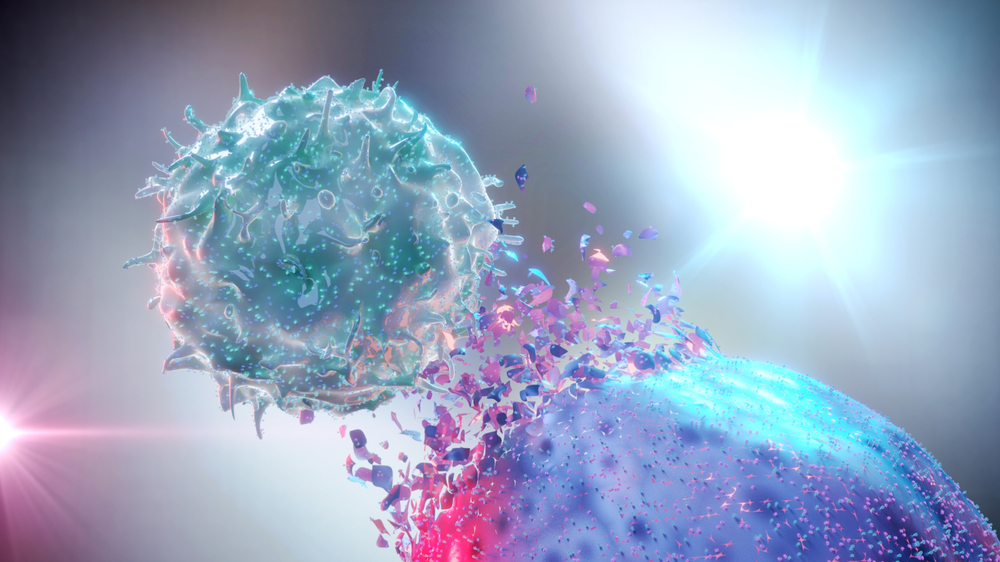Too much medicine
Posted on 7th August 2013 by Jorge Zúñiga

This presentation by Dr Steven Woloshin and Dr Lisa Schwartz from the Cochrane UK & Ireland 21st Anniversary Symposium explains how there can be “too much medicine“, particularly regarding diagnosis and treatment. Dr Woloshin and Dr Schwartz also express their opinion on how knowledge synthesis organizations can help to reduce the harm people receive because of these phenomena.
Who is it aimed at?
Every health professional or student would benefit from this resource. An understanding of diagnostic tests and their terminology would be of really good help to get the most out of this presentation.
How long?
This video is roughly 1 hour and 45 minutes so it won´t take too much of your time to watch it.
What is it all about?
The speakers give an explanation of what over-diagnosis is, why this phenomenon causes even more over-diagnosis, and how “people turn into patients” because of the fear caused by media sometimes driven by economic interests.
My opinion:
A topic I’ve just recently heard of, I think this resource is very useful to get a general idea of what over-diagnosis and how it is a public health challenge. On the other hand the speakers use terms that are not quite the standard (true reassurance instead of true negative, false alarm instead of false negative etc). That being said I would recommend to watch this video to anyone interested in the topic.
Link to the video:
[ https://www.youtube.com/watch?v=FgWnJm5K59c&w=660&h=385]




No Comments on Too much medicine
analytically accurate, but stiflingly hyperbolic, useful though depressogenic in impact for potential internists, how do the researchers expect new internists to get nice pens and free doughnuts if not prescribing various drugs whenever requested by patients who have seen on television or the internet the plethora of conditions that can develop from just a hangnail if left untreated by a specialist with the newest most advertised drug.
26th September 2023 at 1:17 pm